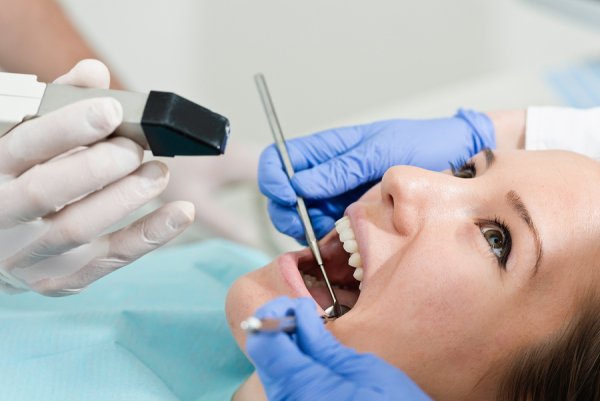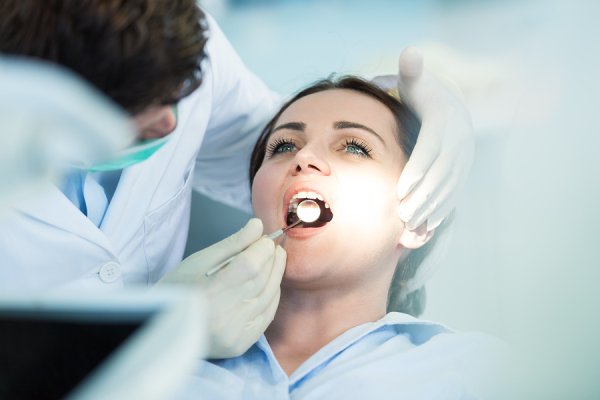
The Link Between Acidic Foods and Your Dental Health
Taking care of your oral health has many facets to it, and your nutrition is an important one. Acidic foods can have a negative impact on your teeth, but you can protect yourself by knowing what you should and shouldn’t eat. You can also work with your dentist to minimize the damage and maintain your beautiful smile. Here’s a look at the link between acidic foods and dental health.
What’s Going On
Certain types of foods and beverages are more acidic than others, and the acids in these products can wear away your tooth enamel. Any acidic food debris left on your enamel can trigger demineralization, which can make your teeth more sensitive. The more demineralization occurs, the closer your dentin will get to being exposed. Remember that brushing your teeth immediately after eating acidic foods can be counterproductive, so drink some water and wait a few minutes before you brush your teeth after a meal.
Which Foods to Be Careful With
If you’re looking to modify your diet so you can keep your dentist happy and your teeth healthy, you should know what foods to stay away from. Ketchup, hot sauce, and products made with tomatoes are acidic, as are lemons, limes, and oranges. Wine and coffee can also wear away at your enamel and cause sensitivity and discomfort. Enjoy these foods, but try to eat them in moderation.
What You Can Do
You don’t have to avoid these foods entirely in order to take care of your oral health. Foods like citrus fruits and berries can be good for you, so you might want to keep them in your diet. Remember to drink water while you eat these types of foods and let your saliva clean out the acidity. Visiting your dentist for regular cleanings can also help to keep you healthy.
In addition to avoiding (or at least cutting back) certain types of foods and drinking plenty of water, be sure to visit your dentist in Chicago on a routine basis. Don’t forget to call University Associates in Dentistry at (312) 704-5511 whenever you are in need of teeth bonding, periodontics, or Invisalign, or stop by our offices to meet with us.





